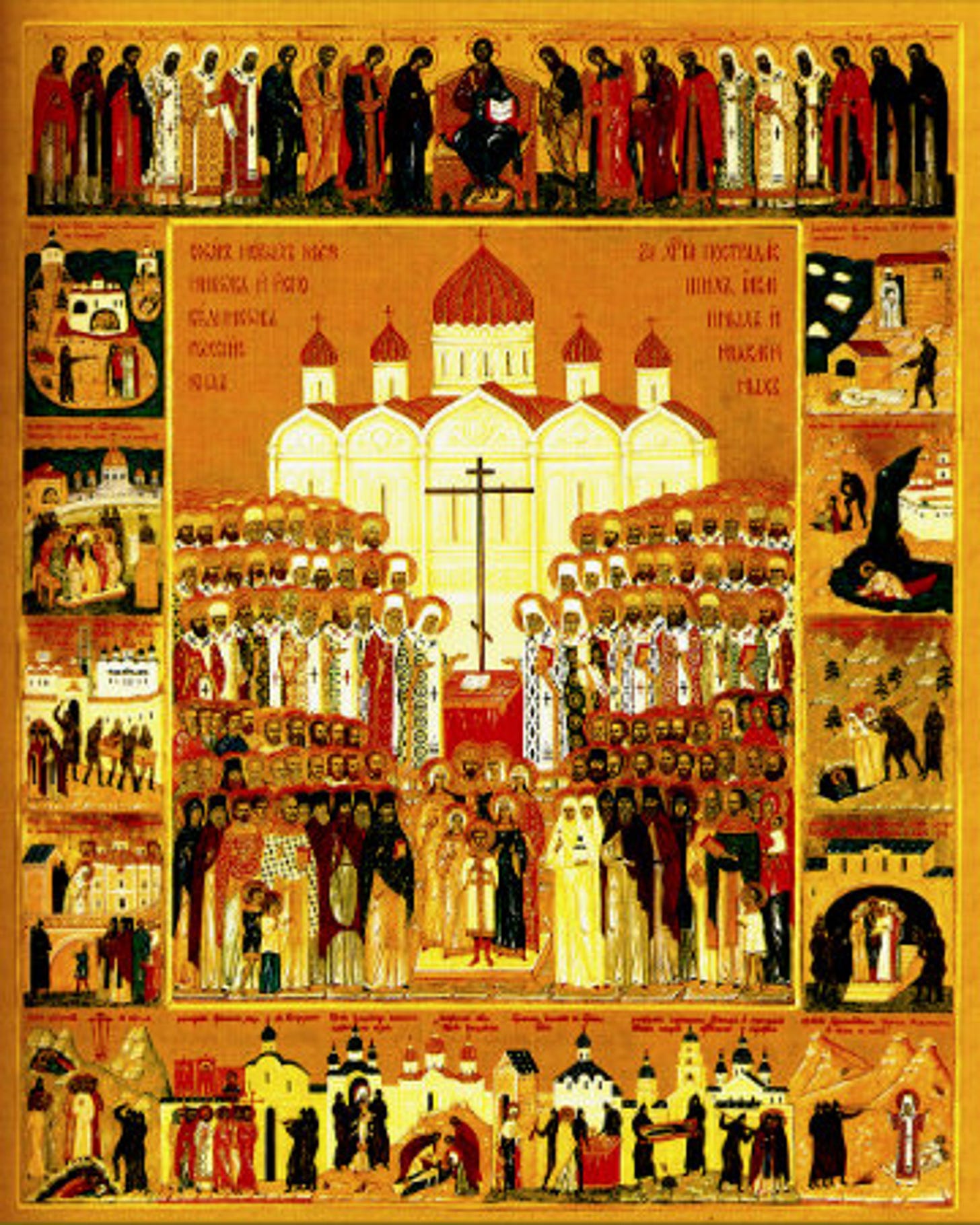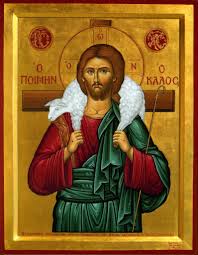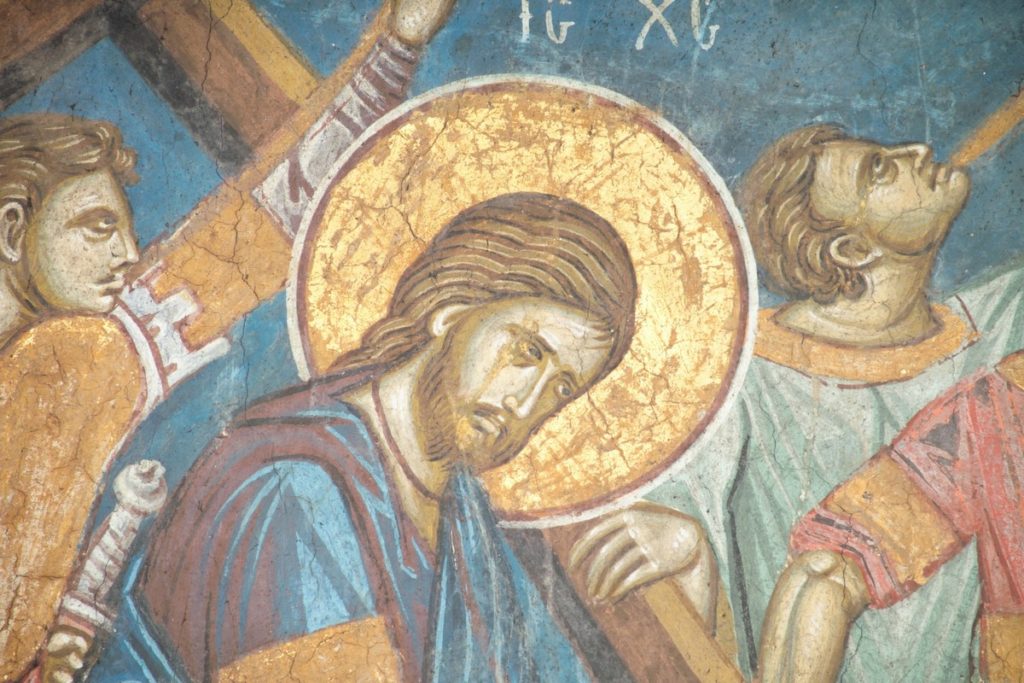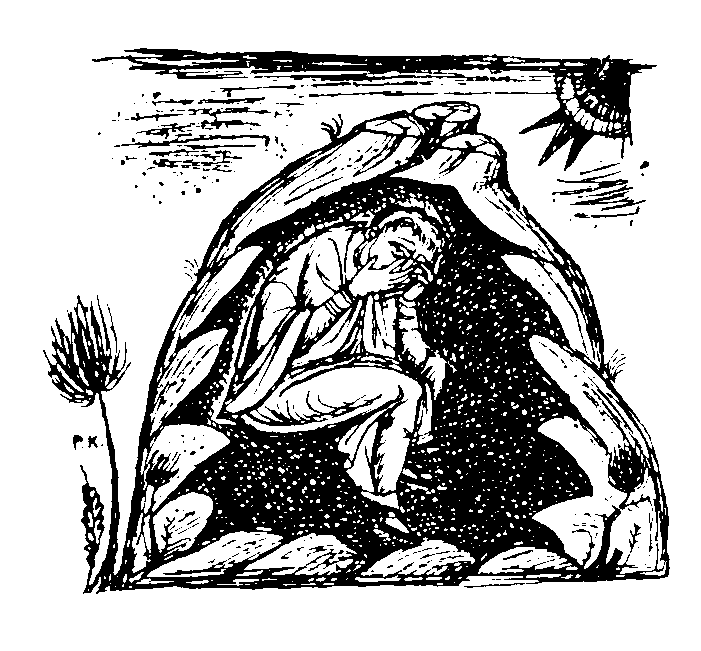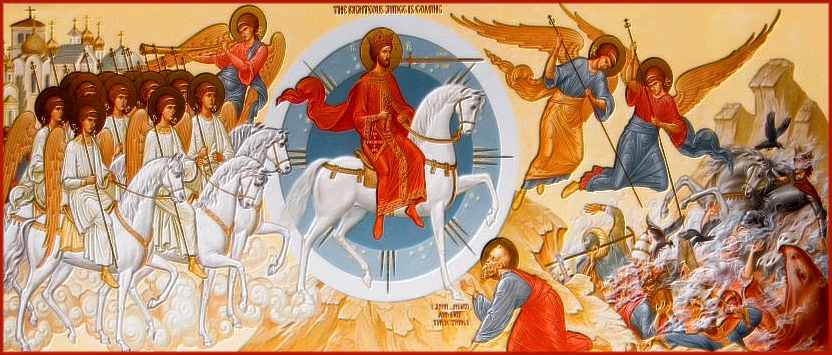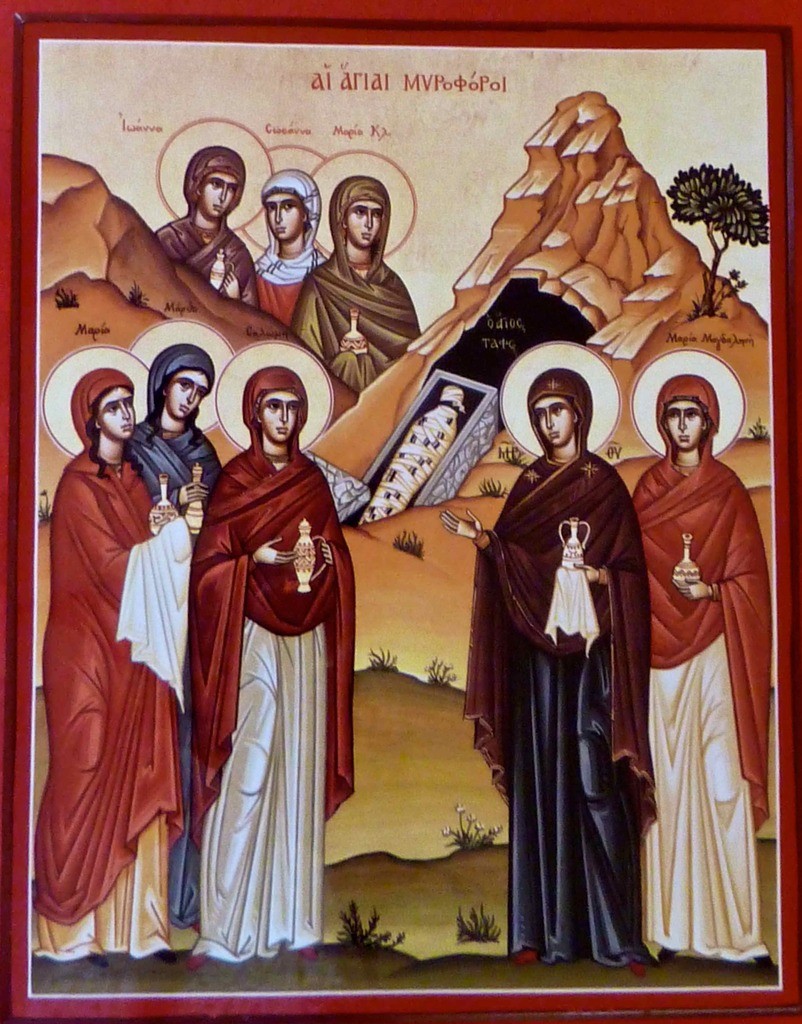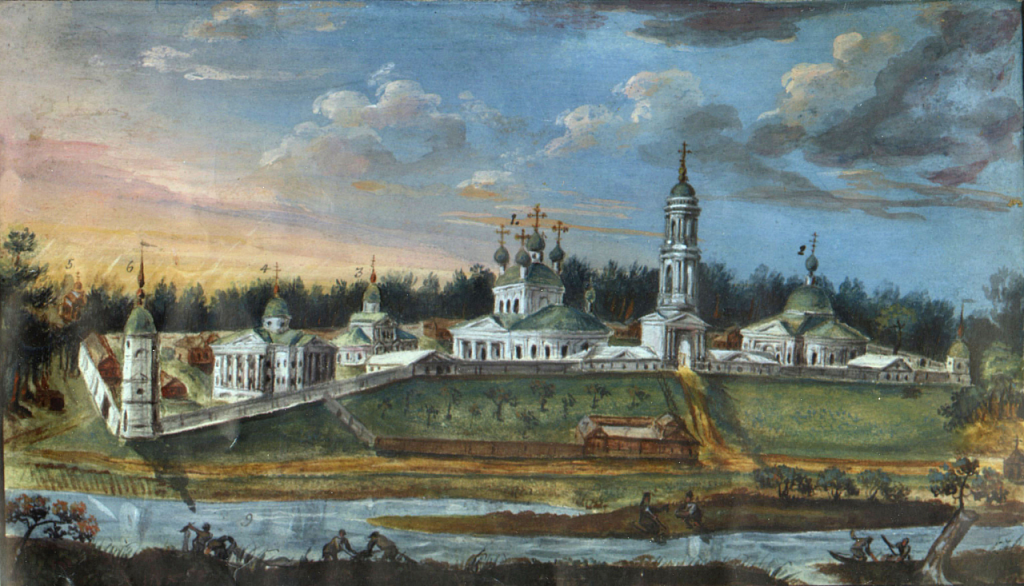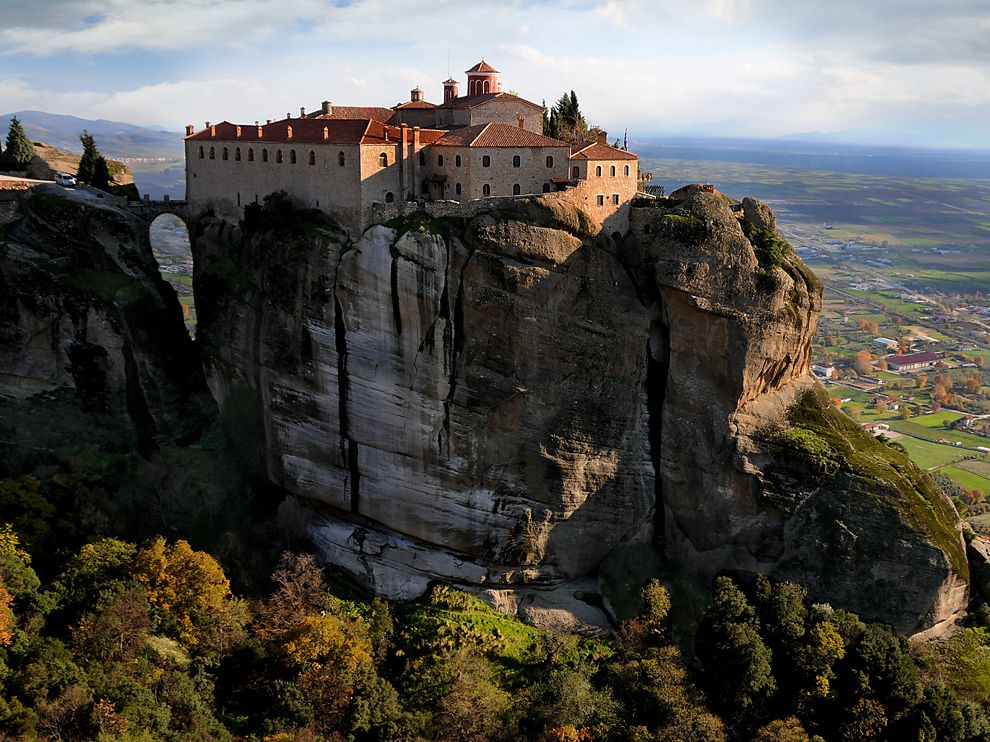Is the Grace of God Present in the Soviet Church? – Session 3
Excursus: Two corroborations of the importance of our study.
A. An impressive confirmation of the importance of this study from the publisher of “Is the Grace of God Present in the Soviet Church?”:
The publisher of “Is the Grace of God Present in the Soviet Church,” Fr. Andrew Kencis, wrote us recently, to thank us for our efforts to discuss this landmark monograph publicly, and to give us further insight into how the English translation came to be made.
Here is what he wrote (published with his permission):
“I heard about the podcast this past Sunday from a few parishioners who listen to your offerings…. We where quite intrigued so we listened to part one on the way home from church (it’s a long drive every weekend!).
“THANK YOU. You completely understood the point of the book!!! I almost broke down and cried while driving…. “SOMEBODY GOT THE POINT! Finally!!!”
Metropolitan Vitaly approached me in 1998 asking me to get it translated as he wanted this book out in English. I gave it to my mother, who had translated “Royal Way of the Cross.” After that I sent the translation to Jordanville for review…. I received back the text which I was told was gone over by Fr.. George Shaffer (now Bishop George). As I went through both versions ( the original text from my mom and Fr. George’s changes ) There was a section where Fr. George completely changed the meaning and thrust of the message. Changing it to a more positive towards the MP tone. It didn’t make sense what I read, so reviewing the phrase and comparing both versions, checking with a Russian dictionary. It was clear Fr. George changed the text to something that was NOT in the original.
“After that I had to go through the entire translation AGAIN carefully. One has to recall what was happening in ROCOR at that time…
“When it finally came out in print. I recall Father Victor Potatov denouncing it on the ROCORClergy list. Saying in part “brothers, do we really need such a book at the point in time???” That was all it took and the book hardly received any orders.
“The book I still consider to be our masterpiece, and as you rightly realized “goes far beyond the title.” Simply put, the book is about discernment and pointing out to us “that we live for the life of the age to come.” Even this explanation cheapens its profundity.
“The introduction was the result of numerous phone discussions I had with Father Christopher [Birchall, author of the Introduction.] concerning the point of publishing this book, the “why make the effort?” [question]. …its point is “discernment of falsehood.” I even agonized over changing the title as most would only see it as a anti-MP polemic and not even give it a chance. In the end I decided to leave it titled as the author. But in the introduction Father Christopher masterfully incorporated all the themes and points Metropolitan Vitaly wanted a thoughtful reader to grasp.
“The footnotes (which are not in the original) are mostly my work but with input from others in ROCOR at that time who also comprehended the importance of this work. We tried to show the “mind of the Church” It is imperative… to read the footnotes as they appear in the text.
“Thank you again for going through this work. Interestingly, Matushka and I discussed reprinting this book this winter to keep it in print because of its importance in our times of “counterfeits” and, frankly, lack of sobriety among the faithful.
“In Christ,
“Fr. Andrew”.
— Email received from Fr. Andrew Kencis of Monastery Press on October 27th 2023 ns.
(Before going on, I’d like to correct something I said earlier, that this essay was available in English prior to this 2000 edition. It was not. This was the first time it had been translated into English.).
Fr. Andrew makes several important points here:
1. Metropolitan Vitaly, the last right-confessing First Hierarch of the Russian Church Abroad as she existed before the 2007 “union” with the MP, commissioned this translation, because he considered the work so important at that time (the late 90s, early 2000s), when the forces to liquidate the Church Abroad were working overtime to bring about the captivity to the MP.
2. Hieromonk George (Shaffer), then a monk at Jordanville, now a ROCOR-MP bishop, deliberately distorted the text in order to make it seem that Andreyev had a favorable opinion towards the Sergianist church organization. You don’t deliberately alter texts unless you have something to hide and you have no argument to defend your position.
3. Fr. Victor Potapov, one of the leading agitators for the “union,” attacked the publication of the book simply through derision, without an argument. Because of his status in the ROCOR at the time, this was enough to keep the clergy from reading it and distributing it. You don’t simply dismiss an opponent’s arguments without a reasoned response unless you have something to hide and you have no argument to defend your position.
4. The purpose of the original essay in 1948 and its republication in 2000 was not simply to attack the Moscow Patriarchate out of a spirit of partisanship, but, most importantly, to express the mind of the Church of all ages regarding the discernment of falsehood, of the spirit of Antichrist. Thus this work, as Fr. Christopher Birchall beautifully expresses in his Introduction, is not an angry, one-sided polemic rendered obsolete by its being concerned solely with a long-dead controversy, but rather constitutes a permanently useful, profoundly wise and genuinely spiritual instruction, coming from the erudite, balanced, and deeply pious mind of a great man, a true man of the Church, who has suffered for the Faith. Its timeliness relating to our need for discernment in our circumstances should be obvious to anyone paying attention to the contemporary Church situation, which has not improved, but rather has grown immeasurably worse, since Andreyev’s time.
B. Confirmation that the present day MP has not rejected, but rather has canonized Sergianism. Thus our study of the question of the MP’s Sergianism is still needed; it’s not a dead issue.
The Sergianism of the Moscow Patriarchate is not a thing of the past. They are doubling down on their exaltation of Metropolitan/“Patriarch” Sergius and the correctness of his position. Subdeacon Nektarios, in two well-researched articles on his “Orthodox Traditionalist” website, makes this clear. Please see
And https://www.orthodoxtraditionalist.com/post/letter-from-metropolitan-anastasius-gribanovsky-on-patriarch-alexy-s-address-to-the-rocor.
Subdeacon Nektarios demonstrates the accuracy of his understanding of what Sergianism is in the first above-mentioned article, in a point by point description of this spiritual phenomenon. I’d like to reproduce this description in full:
“Sergianism is then a bowing of the hierarchs to the forerunners of the Anti-Christ [the Soviet Regime] and declaring obedience to them and to their agendas, which history has shown us includes the persecution of the Orthodox Church and the murder of its saints. The primary characteristics of Sergianism are:
“1. Viewing the Church administration first and foremost as an organization which must be blindly obeyed (despite its hierarchs teaching bareheaded heresy) as if the voice of the organization was always and without exception the voice of Christ (think of when the Church was ruled by the Arian faction, Patriarch Nestorius and the Iconoclasts).
“2. Failing to distinguish between the God-given authority of Caesar and the God-allowed ‘authority’ of the Antichrist which is rooted in Satan (Apocalypse 13:2).
“3. Lying, doing evil, persecuting the Saints and overturning tradition to supposedly save the Church from evil.
“4. An idolization of ‘canonicity’ and using this to quench the Spirit. Along with this, Sergianism replaces genuine spiritual life with dead canonical forms; while failing to distinguish how the Church must act during normal times versus times of persecution.
“5. Gazing upon the ‘Mystery of Iniquity’ and proclaiming Soviet ‘joys and successes are our joys and successes and whose failures, [our] failures’ [2]. Thus the mission of the Church is perverted and replaced by something else (whether openly evil or seemingly good) and effectively a new master is proclaimed as the acting head of the Church (instead of Christ).
“6. Sinning against the dogma of the Church by perverting her nature; this is done by identifying the Church with Caesar or with the Anti-Christ, instead of with Christ himself. This attempts to turn the Church from being the house of salvation into a political or social organization.
“7. Betraying Christ and trampling upon the truth for the sake of obtaining or maintaining a legally functioning Church organization. Sergianism attempts to kill and suppress the organism for the sake of the organization.
“8. Denying the spirit of Martyrdom and Confession of the Faith and making, before the world, a spectacle of the Church by presenting the Church (the Body of Christ) as if it were a pathetic slave without freedom and dignity.
“9. And finally, the Chiliastic (belief advanced by some religious denominations that a Paradise will occur on Earth prior to the final judgment) spirit which aims to transform the existing social and political order through the establishment of Christian ideals in order to form a moral or religious governmental New World Order or a Kingdom of God on Earth.
“Sergianism, in short is an idolatry, heresy, ecclesiastical renovation, schismatic design and apostasy from true Orthodox ecclesiology and ultimately Orthodox Christian doctrine. It is a system of cowardice, non-resistance to evil, a criminalization of confessing the Orthodox faith and a denial of God’s providence and a scorning of the Neptic tradition of the Saints.”
Having received these clear confirmations of the importance of our study, we shall return next week to reading and commenting on
“Is the Grace of God Present in the Soviet Church?”
